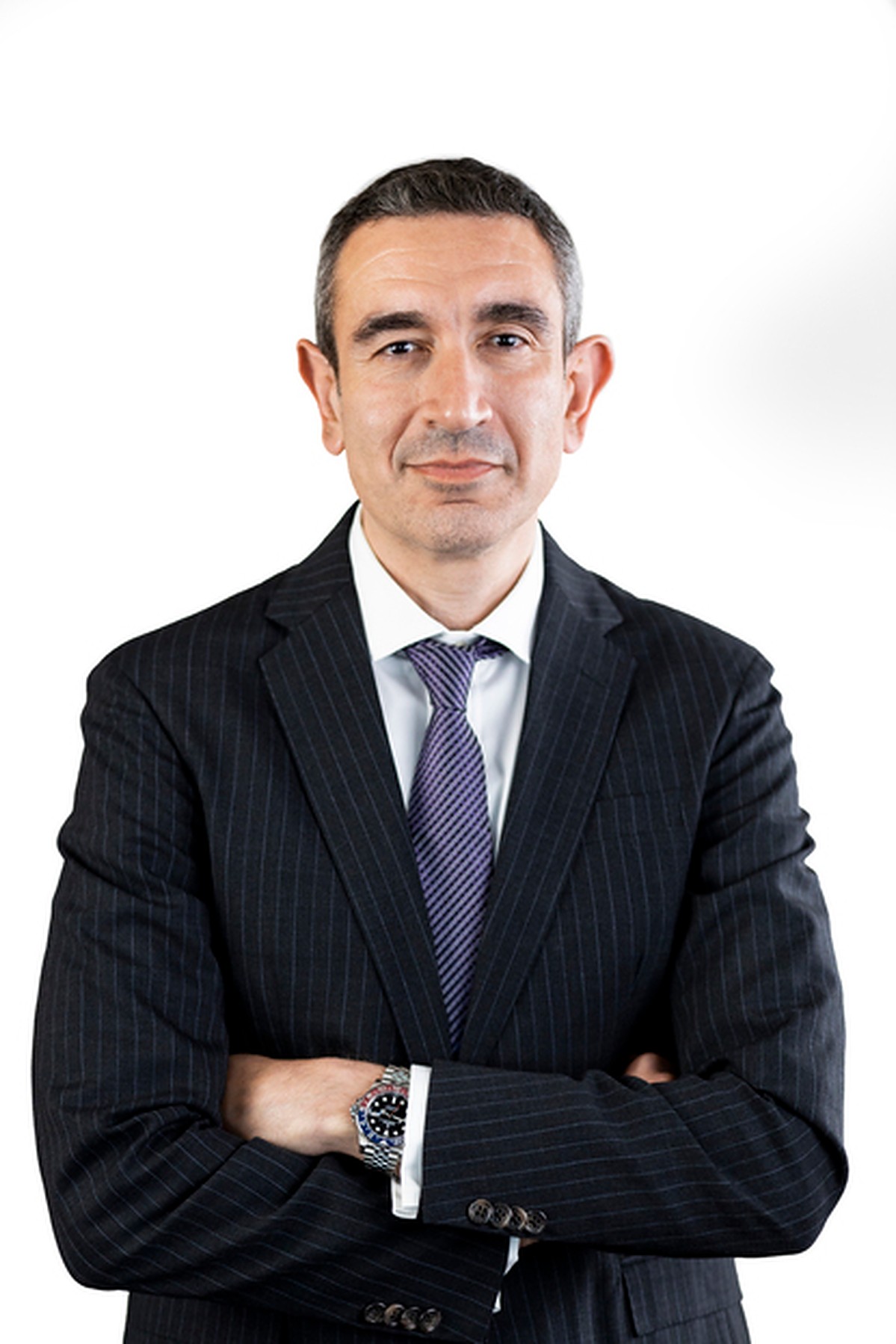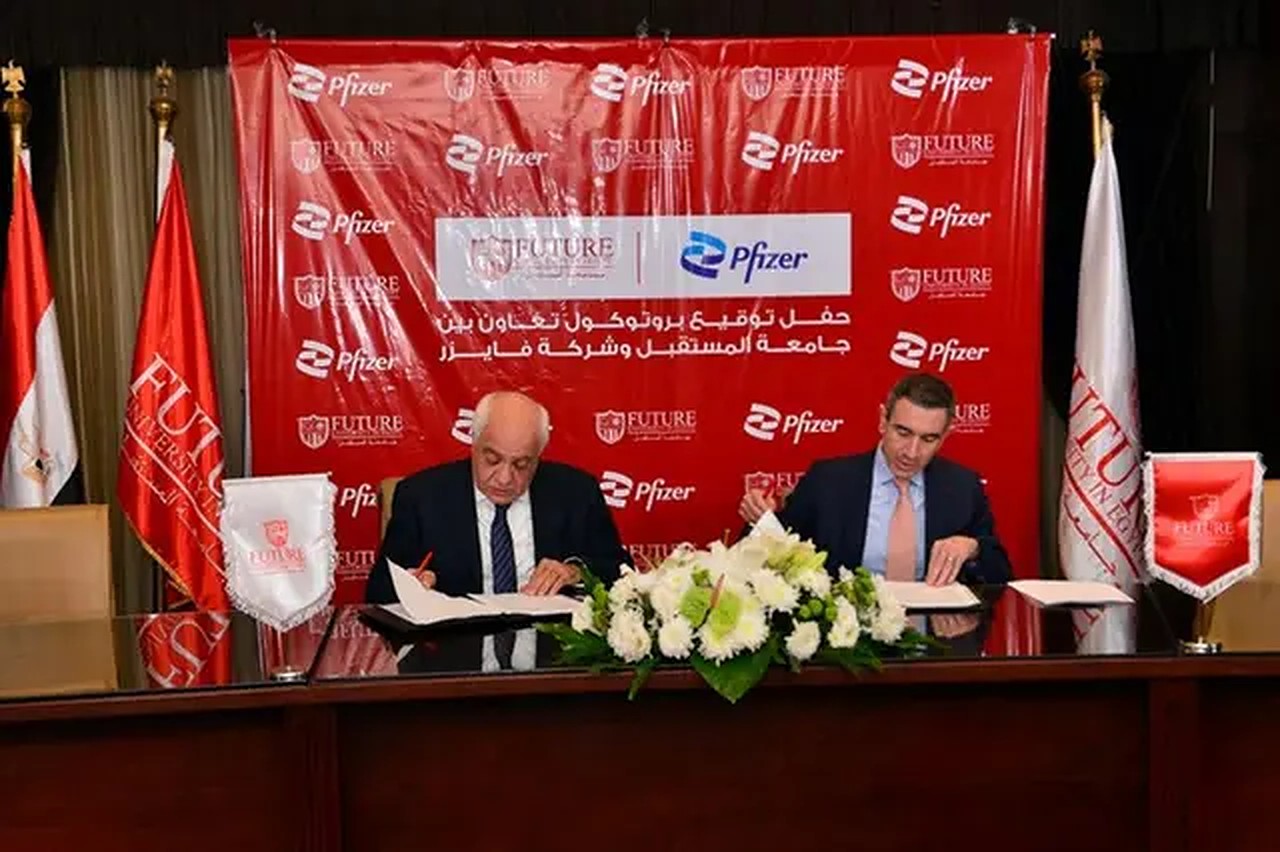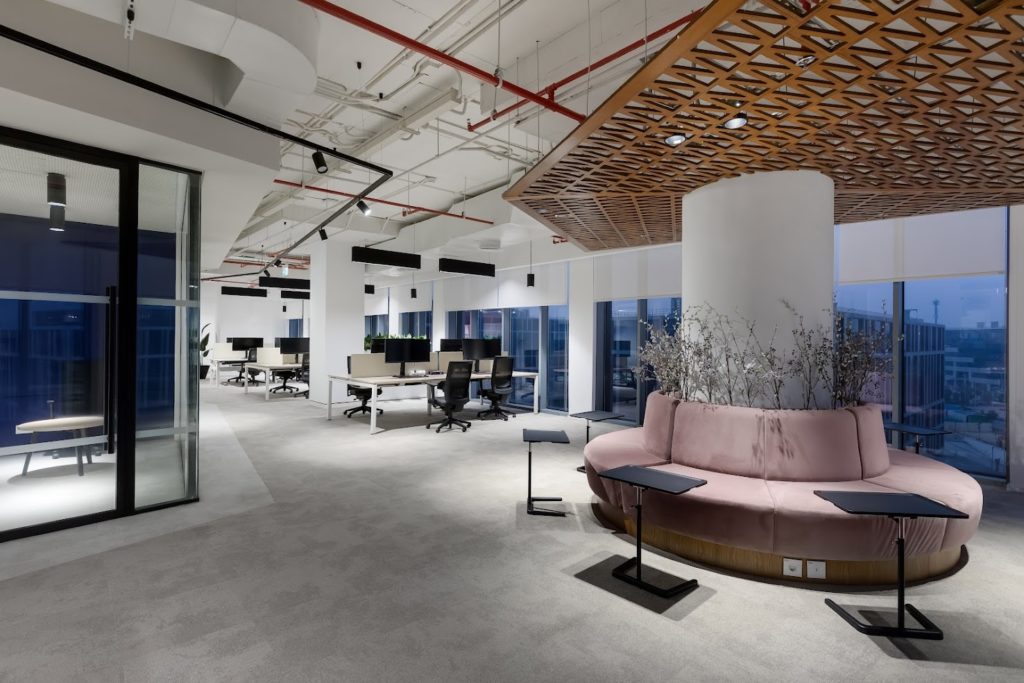
An industry driven by products, transactions, and long processes; it can be easy to overlook the essence of healthcare: the provision of care from one person to another.
Globally, there is a growing commitment to elevating the patient experience and to move healthcare away from simply a focus on disease treatment and healthcare access, to a focus on care expansion, which entails patient-centric and virtual care delivery, enabled by new medical technologies.
When the question of the cause of death of millions in middle-income and developing economies is brought up, the answer is usually related to the lack of access to healthcare. The reality, however, is much deeper. According to a recent report by the Lancet Global Health Commission on High Quality Health Systems, poor quality healthcare causes 5.7 million deaths annually in low and middle-income nations, compared to 2.9 million deaths from lack of access to healthcare.
Over the past ten years, Egypt’s healthcare sector has seen increased investment appetite, and the private sector has historically played a large role in expediting the implementation of many national initiatives and closing the supply-demand disparity in the industry.
For 60 long years, Pfizer — for Pharmaceutical and Biopharmaceuticals — has established a long-standing partnership with Egypt. Historically, governments have leveraged healthcare public-private partnerships (PPPs) to provide financing, transfer technology and applicable equipment, or renovate facilities.
Yet Pfizer’s partnership brings about new models of PPPs. This goes beyond the narrative of PPPs being about solely the mobilization of private capital, rather it aims to be more locally driven, integrating local knowledge and strong ties with local healthcare professionals.
In an interview with Egyptian Streets, Ahmed El-Shazly, Pfizer’s Cluster Lead in Egypt, Levant and Sudan explains the new trends and models for PPPs in the healthcare industry. He also explains Egypt’s learned lessons in prioritizing human capabilities and care delivery in remote areas.
PPPs in healthcare: Lessons from Egypt

With the rise of countless forms of partnerships, ranging from global to local, there is now no clear demarcation between public and private actors. Instead, PPPs are now much more integrated, with patient experience, clinical service delivery, and the capacity of healthcare workers now seen as essential to improve the quality of care delivered.
The debate around strengthening PPPs has shifted from whether the government can provide an enabling environment for private actors, to whether there is a deeper and more intimate interconnection that can be maintained long-term. For partnerships to be effective today, case studies have shown that they will have to be an integral part of countries’ financing and strategies, and more importantly, to be more culturally sensitive and view challenges through local eyes.
Pfizer has been involved in several governmental initiatives in Egypt, including the “Egyptian Women Health Initiative” for the detection of breast cancer, which supported around 34 million women as part of the breast cancer screening programs.
In El-Shazly’s view, one of the main lessons learned is the active participation of private actors in the government’s vision, Egypt Vision 2030, which promotes further interdependence and collaboration.
El-Shazly adds that the speed of implementation has increased in parallel with access to innovation, which has been possible through the participation of the private sector in Egypt Vision 2030 to create more inclusive partnerships.
Pfizer is planning to launch seven new products this year; four for cancer treatment. Thanks to the efforts of the Egyptian Drug Authority (EDA), the registration of new products has been slimmed down to almost five to 10 months, El-Shazly explains, which is a testament to the commitment of the government in bringing the latest innovations to the patients in Egypt in a timely manner.
A holistic approach to healthcare is also part of the new integrated PPP model, which provides a comprehensive package of infrastructure and service delivery. To add and expand service delivery capacity, Pfizer’s holistic approach allows it to target different sectors and population segments, particularly the underprivileged.
“We signed a cooperation protocol with Haya Karima; the national initiative that was launched by H.E. President Abdel Fattah El Sisi, President of the Arab Republic of Egypt in 2019 to improve the living standards of the most vulnerable citizens in Egypt. Our partnership will provide continuous medical education for healthcare workers in Egypt’s rural areas, to enhance disease awareness and diagnosis and to provide access to innovation,” he says. “This sums up our holistic approach, which entails not only access to innovation, but also digital transformation and human capabilities.”

In acknowledging that enhancing patients’ experience is the new strategic focus in healthcare, Pfizer has worked on ensuring that healthcare professionals in Egypt have instant access to education through the Pfizer portal – Pfizer Pro.
“Pfizer Pro is accessible 24 hours [a day], seven days a week to all healthcare professionals,” El-Shazly notes. “We also partnered with Future University in Egypt (FUE) to provide world class training programs for pharmacists, aiming to bridge the gap between education and the local labor market through a tailored approach to education.”
To enhance the patient’s experience, Pfizer has also fused technology with its services to develop the IUdo app, an innovative mobile application for patients and healthcare professionals. The app speeds up program enrollment by providing seamless access to support treatment plans and allowing the support journey to be managed directly from their phones.
“Egypt has been chosen among other two countries in emerging markets for the launch of IUdo, which is a testament to the importance of the Egyptian market to Pfizer and its support to the efforts of the Egyptian government to achieve the strategic health objectives of Egypt Vision 2030,” El-Shazly notes.
A Global Company with a Local Identity

Healthcare encompasses more than simply medicine; it represents a symphony between the government and other stakeholders. Dealing with this level of complexity requires partnerships that do not dissolve immediately after specific projects or initiatives, but rather can be sustained long-term.
To ensure sustainability, Pfizer in Egypt has embodied the spirit of a “global company with a local identity”, as El-Shazly describes.
“We are a global company operating in 125 countries. However, [the majority] of the employees in our office in Cairo are Egyptians.”
Pfizer’s new office in Egypt, which was inaugurated in 2022, reflects its vision to position Egypt as a regional hub for innovation in healthcare, offering cutting-edge research and development-based therapies.
“We can see that there is a high need for specialty products,” El-Shazly adds. “The legacy portfolio that we had in Pfizer was on primary care. But today, Pfizer is transforming into an innovative, science-based company.”.
Connecting all healthcare systems in Africa under one umbrella, Pfizer’s local identity in Egypt enables it to capitalize on Egypt’s regional advantage and improve healthcare access and outcomes in Africa.
Last year the first edition of the Africa Health ExCon was launched under the patronage of H.E President Abdel Fattah El-Sisi, President of the Arab Republic of Egypt and the Egyptian Authority for Unified Procurement, Medical Supply, and the Management of Medical Technology (UPA) to connect healthcare partners from the Africa region under one roof.
“The Africa Health Excon positions Africa as the continental hub for Health innovation and trade, and Egypt as a key player within the African continent”, says El Shazly.
Reshaping the future of PPP healthcare
The healthcare industry is a dynamic one with significant opportunity, yet El-Shazly points out that there is a need to balance the benefits of medical technology innovation with the practicalities of improving human capabilities and reaching the underprivileged.
With an emphasis on the patient’s experience, Pfizer’s work in Egypt is a testament to the future of partnerships in healthcare, and the importance of localization and collaborating with local partners to ensure better quality of healthcare.
Beyond securing capital or infrastructure, El-Shazly summarizes that partnerships are essentially about “bringing breakthroughs that change patients’ lives.”







Comment (1)
[…] post Global Company, Local Identity: How Pfizer Centers Patients and Healthcare Professionals in Egypt first appeared on Egyptian […]